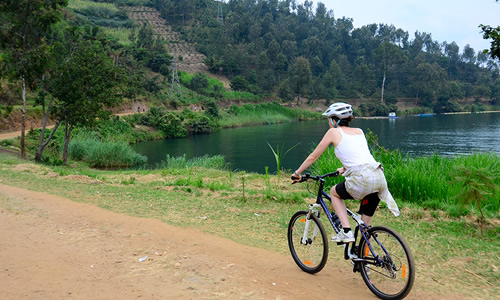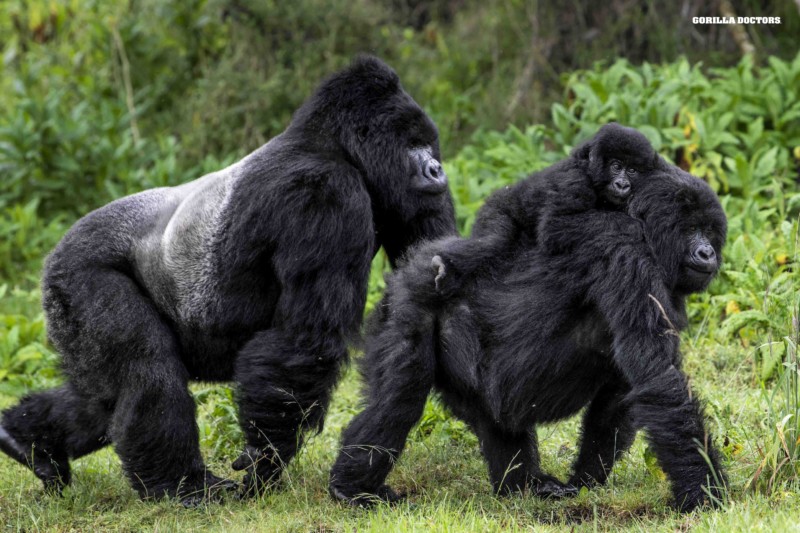Uganda cultural Practices
Uganda cultural Practices : Because of its splendid beauty, nature, abundance of wildlife including the Big Five and the endangered Mountain gorillas, unique and amazing cultural practices and conducive climatic conditions, Uganda is listed among the best tourist destination in Africa. Uganda’s beauty is made up of the snowcapped – Mountain Rwenzori the second tallest mountain in Africa, Lake Victoria the second largest lake in the world, the source of River Nile the longest river in the world.
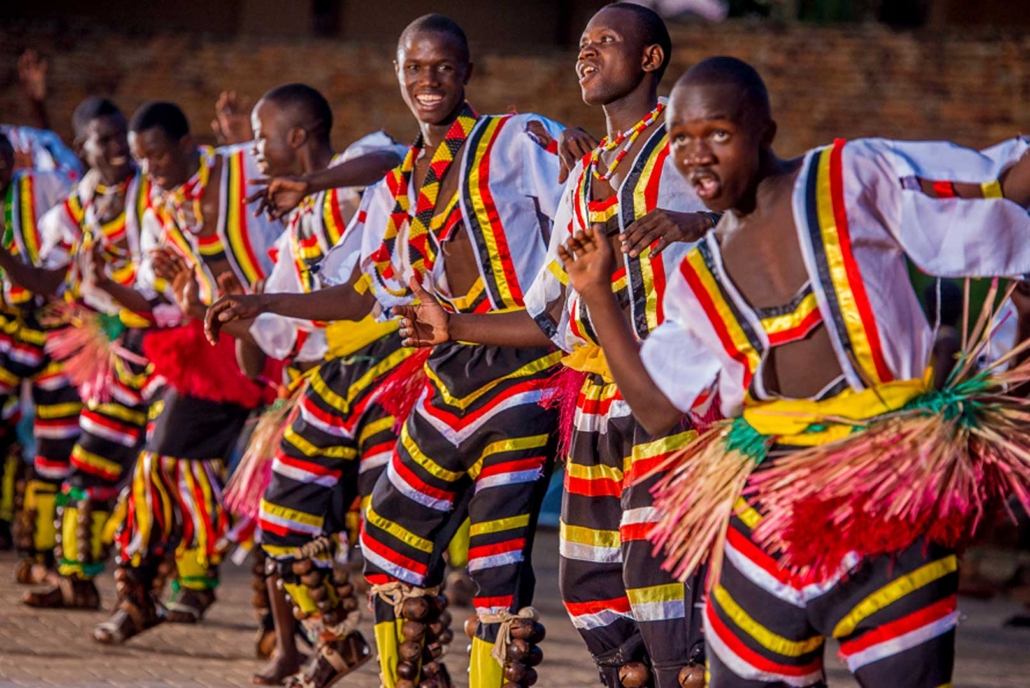
Uganda has some of the fascinating cultural practices and traditions which are worth witnessing, cultural practices refers to traditional and social treasures such as folk tales, rituals, rites and ceremonies, traditional stories, dances and music, hand crafts, black smiting, hunting among others.
Uganda cultural practices are categorized as religious, spiritual, medical treatment practices, marriage, and construction of homes among others. Uganda the pearl of Africa is split into 4 regions that is Northern, Eastern, Western and Central regions with 56 tribes making up the diverse cultural heritage and beliefs which you will enjoy witnessing during your visit. Visiting various tribes of Uganda is the best way to learn and enjoy these fascinating cultural practices, be entertained by cultural dances and singing with various unique traditional equipments.
Uganda has 3 main linguistic groups that is the Bantu – the dominant group in the central region of Uganda, Nilotic and central Sudanic occupying north, North Eastern and the West Nile regions.
Uganda Cultural practices are as follows
WAY OF DRESSING
Uganda has a unique way of dressing varying from the region and the tribes, traditionally the people of the center and eastern regions that is the Baganda, the Basonga wear Gomesi as their traditional outfits for women, men wear Kanzu. These outfit are a must wear for ceremonies and events and they represent respect of the traditions and culture of the people of Uganda.
The Karamojong’s living in the north and north eastern Uganda wear the Suukas and the people of the western region that is the Banyoro, Batoro and Banyakole traditionally wear the Mushanana for women and the men wear Bussuti. These attire are a must wear during marriage functions and any form of traditional ceremony and celebrations.
TRADITIONAL MARRIAGE
Marriage is a very reputable and treasured aspect of life in Uganda’s cultures and traditions and it is one of the way each tribe expresses its traditional practices, through marriage men acquire their wives from their parental homes with blessings of the parents. Men pay bride price as a sign of respect and appreciation to the wife’s family, each tribe in Uganda pays there bride price differently. In the western tribes, the far Eastern and Northern Uganda tribes that is Banyankole, Batooro, Acholi, Karamojong, itesots among others pay bride price in form of cattle(cattle is a treasure to these tribes).
Traditional marriage is done in 2 levels that is Kukyala in Buganda and Kuhinjira in the western tribes, in these events a man visits the bride’s family so that he can be given the cut of bride price to pay on the days set up for the official exchange.
Long age, the local people used to live in polygamous marriages where it is possible for one to marriage more than one person, a man having more children from different wives was considered wealth. This has hover changed with the introduction of Christianity and Islam.
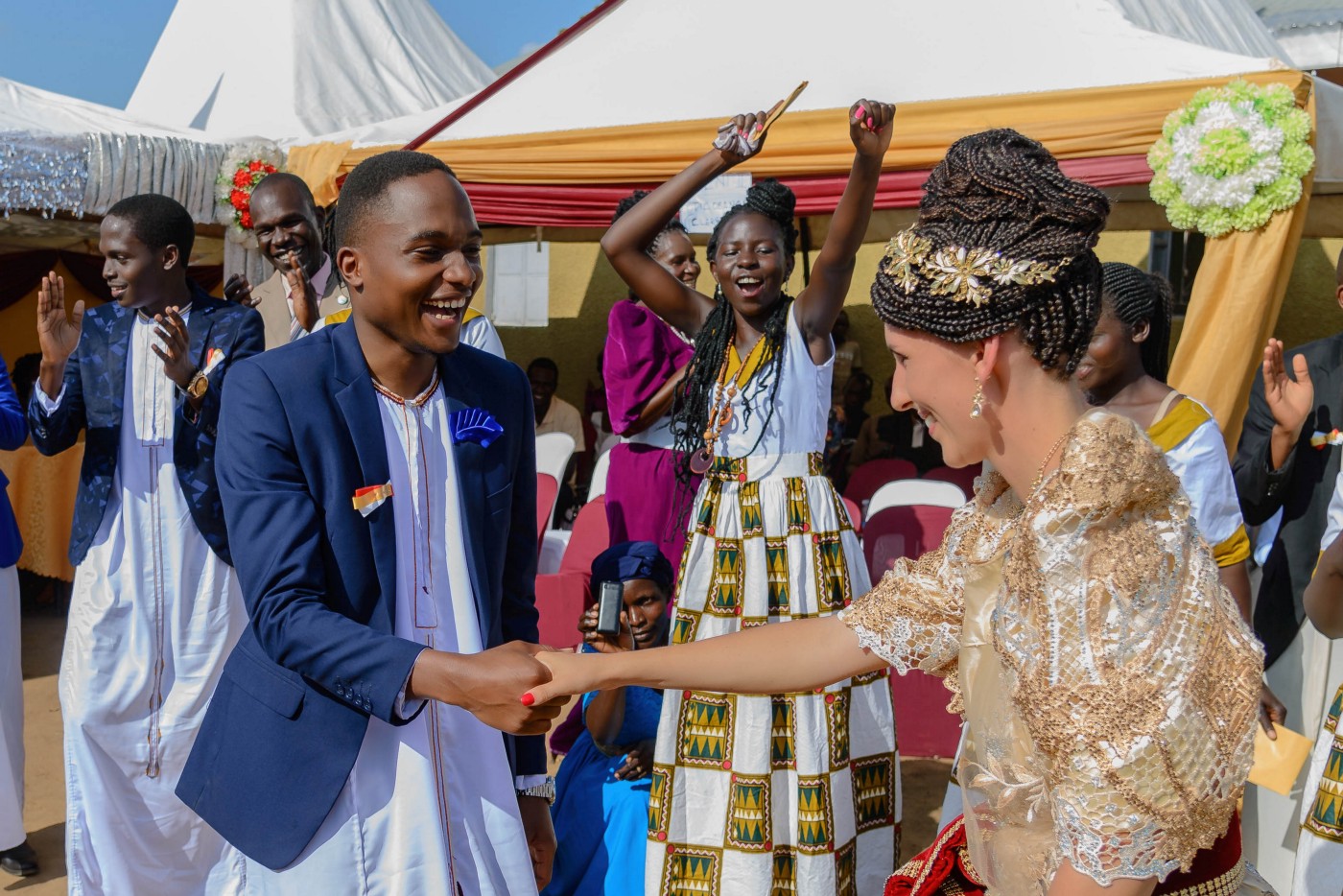
FOODS AND BEVERAGES
Different tribes in Uganda have different specific and signature foods that they are well known for, these foods are known as “Staple foods”, different tribes in Uganda consume different types of food and this is why there are so many foods in Uganda.
The Baganda, Banyankole, Basoga, Sabin and Bagusi are mostly known for consuming more of Matooke more than any food. The Batooro consume millet and the Bakiga consume Irish Potatoes, the Nilotics majorly consume mingled millet accompanied by different sauce.
Other foods produced and consumed in Uganda include cassava, sweet potatoes by the Basonga people, irish potatoes by the Bakinga, Maize, rice, tams, vegetables and lots of fruits including mangoes, oranges, passion fruits among others.
There are some of trademark foods in Uganda including Rolex “a blend of chappati and eggs”, Nsenene (grasshoppers). Some of the most famous beverages in Uganda include the Ajono (alcoholic drink) for the Itesots, Malwa for Baganda and Ntoto for the western tribes. These drinks are taken most especially during leisure tome and while socializing.
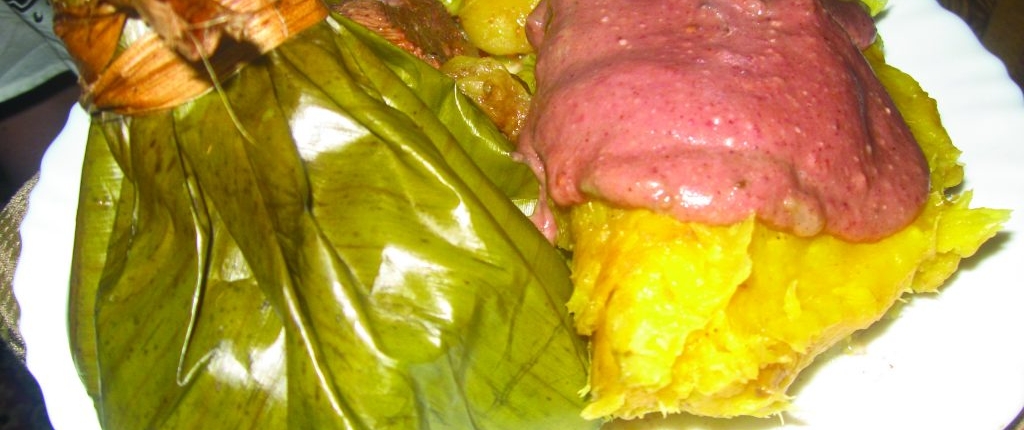
FAMILY AND GENDER STATUS
In the Africa setting , the father or Husband is the head of the family and decisions are made by him without influence of the children or the wife. Up to today, this kind of setting is still practiced in most of the communities of Uganda. However due to education, Christianity and women emancipation all family members have a role to play in decision making for the family. Men are still the providers for the family and women take care of their family, women highly depend on men for provision of food, school fees for the children, building a home for the family among others. Traditionally, sons are the heirs to their fathers when they pass on, women are considered to be inferior and that is why they are not given as roles. Women are also not allowed to attend meetings, eat chicken and their only role is to take care of the family.
RELIGIOUS AFFILIATION
Uganda is mainly dominated by Christians, basing on the Population census conducted in 2014, Christians cover 82% of the population where by the Roman Catholics constitute 39%, Anglicans 32% and the Pentecostal Christians being 14% of the total population.
Other religions in Uganda include The Moslem (Islam), Seventh Day Adventist, Baptist and Orthodox. There are also some Ugandans who believe in traditional religion as it was before the introduction of Christianity and Islam, some Ugandans still visit shrines and worship the small gods locally refered to as Bajajja. This is so common in Buganda kingdoms, these ancestors “small gods” are believed to provide wealth and revenge on enemies.

ETIQUETTE
In Uganda, shaking of hands is the traditional form of greeting, causal dressing code is considered appropriate in the daytime and evening, during family meals etiquette is very important. When the meals are ready, all members of the household wash their hands and sit on floor mats. Unexpected visitors are also allowed to join the meal, before everyone starts eating, a small prayer is said and during the meals no one is allowed to talk (the only talking allowed is when asking a question). It is considered to leave the room while others are still eating, leaning on the left hand or stretching one’s leg during the meal is not allowed as it is considered disrespectful.
When the eating is done, everyone gives compliments to the cook and in the most cases it is the mother. In the African setting, children are supposed to give respect to their parents at all situations and greeting elder is done by kneeling by the girl child of all ages and boy who are not yet men.
CULTURAL AND TRADITION PRACTICES
Each tribe in Uganda has a different cultural practice which makes it to be different from the other, these interesting cultural and traditional practices are as follows
The Bagisu people practice circumcision as a way of initiating young boys to adulthood, it is believed that if a Masaba boy is not circumcised traditionally, he is not considered a man. Circumcision event includes celebrations and the boy is expected to be brave enough to go through the process. The sabin people from Kapchorwa practice female circumcision, however this practice was banned by the government of Uganda as it resulted into the loss of lives by many girls.
Uganda has rich cultural practices that are worth to witness and can be included in your Uganda wildlife safari itinerary.

